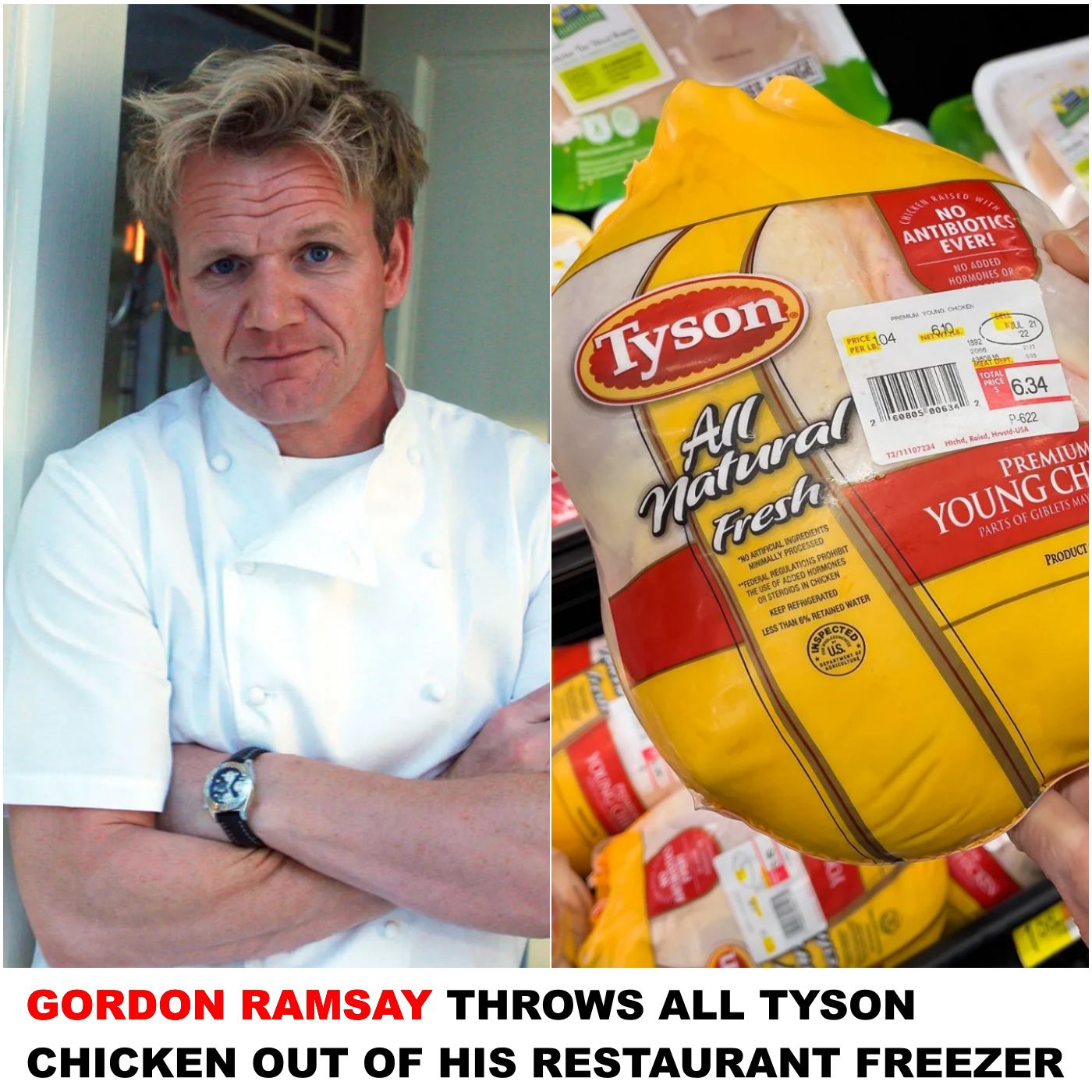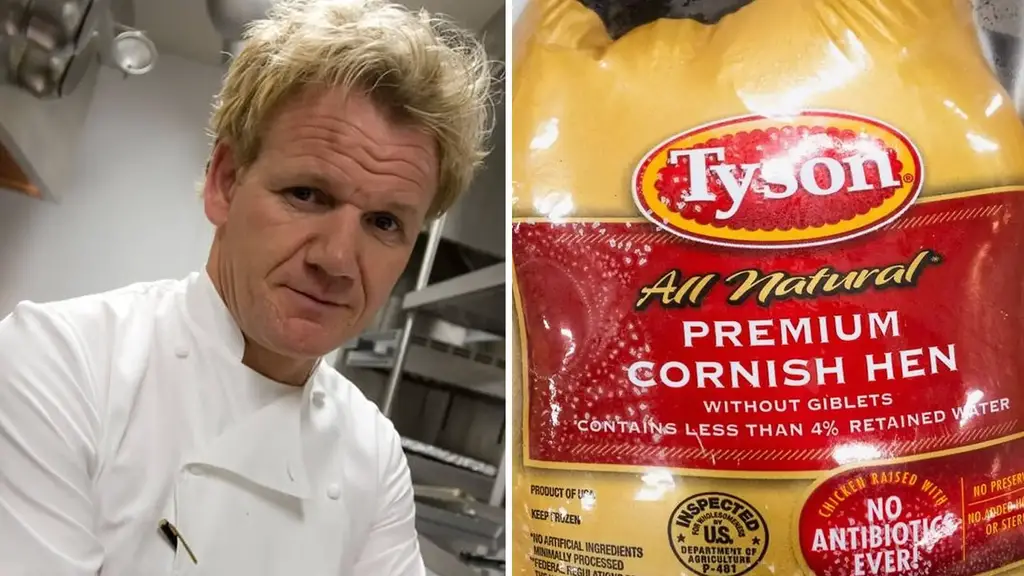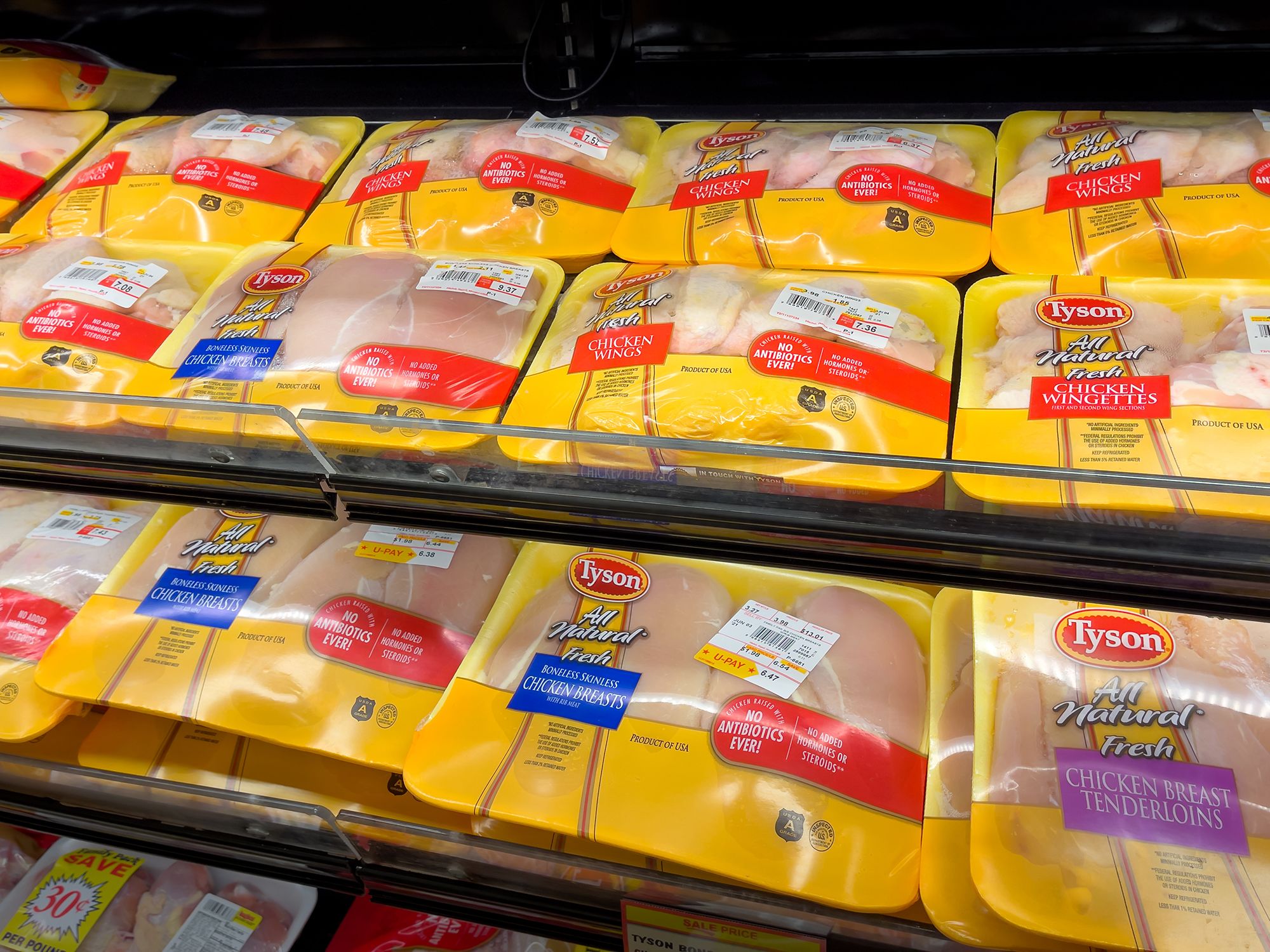Renowned chef Gordon Ramsay, known for his culinary expertise and unapologetic demeanor, has once again found himself at the forefront of a contentious issue within the food industry. This time, his ire is directed towards Tyson Foods, a global giant in the realm of food processing and distribution. Ramsay’s decision to take a stand against Tyson stems from recent revelations regarding the company’s controversial employment practices, which have sparked widespread debate and criticism.

At the heart of the controversy lies Tyson’s apparent willingness to recruit tens of thousands of illegal aliens and migrants for food processing roles, a move that has raised serious ethical concerns among consumers and industry observers alike. According to a report from Bloomberg, Tyson Foods has expressed its intention to hire more than 40,000 individuals arriving in the United States from regions such as Central America, Africa, and the Middle East.
This decision, driven by a desire to maximize profits and capitalize on cheap labor, has drawn sharp condemnation from those who argue that it prioritizes financial gain over fair labor practices and human rights.
In response to these revelations, Ramsay wasted no time in expressing his dismay and disapproval. As a chef who prides himself on sourcing the finest ingredients and upholding the highest standards of quality and integrity, Ramsay found Tyson’s actions deeply troubling. The idea of exploiting vulnerable workers for the sake of corporate profit was antithetical to his core values, and he felt compelled to take a stand against it.
In a bold and decisive move, Ramsay announced that he would be removing all Tyson chicken products from the freezer of his renowned restaurant. This symbolic gesture was more than just a simple boycott; it was a powerful statement of principle and a reaffirmation of Ramsay’s commitment to ethical sourcing and responsible business practices. By refusing to support a company that engaged in such practices, Ramsay hoped to send a clear message to both Tyson Foods and the wider food industry that such behavior would not be tolerated.
Tyson Foods, for its part, attempted to downplay the controversy and mitigate the damage to its reputation. The company labeled reports of its hiring practices as “misinformation” and sought to reassure the public that it was strongly opposed to illegal immigration. However, Ramsay remained unconvinced, insisting that actions speak louder than words and that Tyson’s track record spoke for itself.
The timing of Ramsay’s boycott could not have been more significant, coming on the heels of Tyson’s announcement of plant closures in several states, including Iowa, Arkansas, Missouri, Indiana, and Virginia. These closures, which left over 1,200 workers at the Perry, Iowa plant facing unemployment, further fueled public outrage and raised questions about Tyson’s commitment to its employees and the communities in which it operates. While the company cited the need to optimize operations and streamline efficiency, critics argued that its actions reflected a callous disregard for the well-being of its workforce.
As Ramsay’s bold move reverberated throughout the culinary world, it prompted widespread discussion and debate about the role of ethics in the food industry. For Ramsay, the issue was clear-cut: companies that prioritize profit over people have no place in a responsible and conscientious food system. By taking a stand against Tyson Foods, Ramsay hoped to inspire others to do the same and to spark a broader conversation about the importance of ethical sourcing, corporate responsibility, and consumer awareness.

In the wake of Ramsay’s boycott, consumers and industry stakeholders alike found themselves grappling with difficult questions about the food they eat and the companies they support. As awareness of the ethical implications of food production and distribution continues to grow, Ramsay’s actions serve as a powerful reminder that chefs and consumers alike have the power to drive positive change in the industry. By holding companies accountable for their actions and demanding transparency and integrity in sourcing practices, Ramsay and others like him are helping to shape a future in which ethics and excellence go hand in hand.





